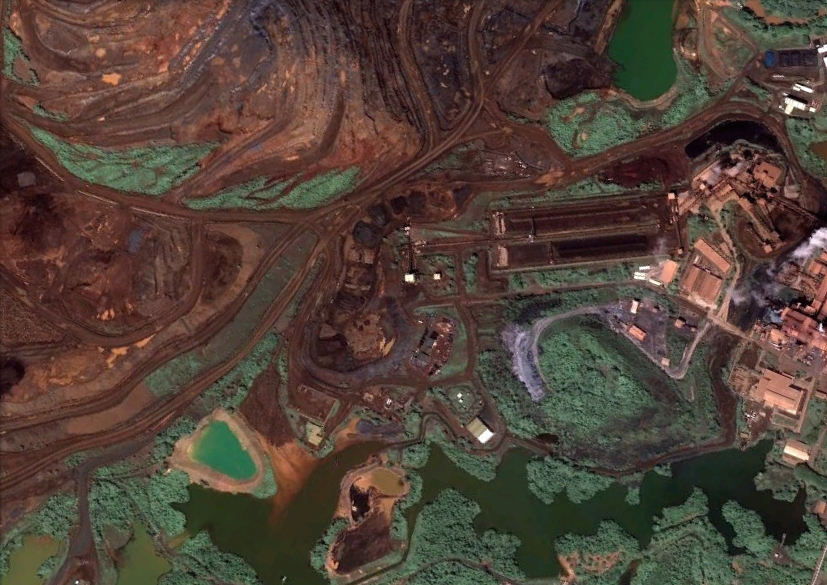
The murder of Colombian journalist Rafael Moreno in October 2022 sparked concerns over press freedom and the safety of journalists. Prior to his death, Moreno was investigating the operations of the Cerro Matoso open-pit nickel mine in Colombia’s northern Córdoba region. In an effort to continue his work, 30 media outlets in the Forbidden Stories consortium, including FRANCE 24, took up the cause.
The Cerro Matoso mine, operated by Australian company South 32, has been in operation for 40 years and has been accused of destroying the ancestral land of the Zenú Indians, as well as the surrounding biodiversity and the health of the local population. Communities near the mine have reported long-standing health issues, including cancers, respiratory, rheumatological, and skin problems, which they attribute to the mine’s operations. Despite these concerns, the mining company has powerful lawyers who often win legal battles against the local population.
The continued investigation of the Cerro Matoso mine sheds light on the environmental and health hazards posed by nickel mining, as well as the challenges faced by journalists and communities who try to hold corporations accountable for their actions. It also underscores the importance of press freedom and the need to ensure the safety of journalists who carry out investigative work in the face of threats and danger.
(Source: France 24)


You expressed it perfectly.words to use when writing an essay homework helpline who can write my thesis